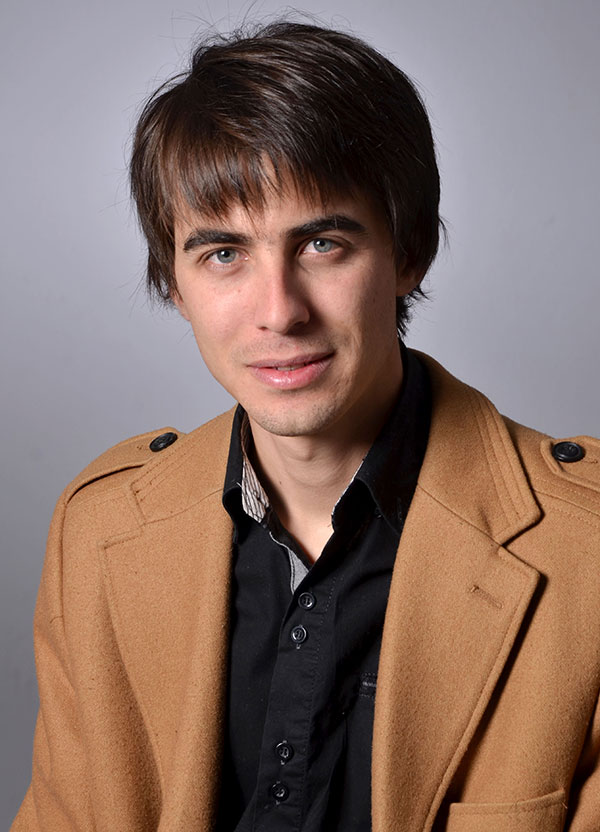College of Human Sciences
Tutu Doctoral Training Programme broadens the horizon of recipients
The Desmond Tutu Doctoral Training Programme (DTTP) was established in honour of Archbishop Emeritus Desmond Tutu’s lifetime struggle against inequality and his quest for reconciliation. eConnect caught up with Unisa’s Cobus van Wyngaard from the Department of Philosophy and Systematic Theology, one of the beneficiaries of the DTTP, to find out how it has shaped his studies.
This is how our interview unfolded.
Q: How is it going with your studies?
A: I started the PhD in 2015 and the programme will end with a public defence towards the end of 2018. So I’m just about in the middle of it right now. I guess this is always a difficult place to answer the question of how it is going. I’ve done enough work to realise that the problems that I’m researching run much deeper than I initially expected, and that there will be aspects that I will have to trace way beyond the PhD. On the other hand, some concrete developments are becoming visible at this stage. I would say that it is going well with my studies, although there is still an intense 18 months ahead.
Q: How has the programme affected your studies thus far?
A: The Desmond Tutu-Vrije Universiteit Amsterdam (VU) programme allow me to move between South African and The Netherlands for my research and writing. The VU has been a very good space for writing and reflection, and I find the times that I’m here to be very productive. What was not expected at first is that the VU itself is a very diverse university, drawing students from all over the world. The programme has been helpful in building international academic and research networks.
Being based at the VU for extended periods of time also allowed me to get a picture of the workings of a university in a very different context, raising questions about the possibilities for the future of our own institution.
Furthermore, since my research is deeply focused on South Africa, being able to discuss this with people from a different context on an ongoing basis, and being forced to look at my work with something of an outsider’s perspective has been helpful. However, it has also helped me to see that the South African narrative contains a critical reflection on certain problems facing the world which can contribute to thinking through questions in other societies.
Placing my own work into an international context has been immensely helpful.
Q: I have also learnt that you have won an award. Please tell us about the award and what it means to you?
A: The award is totally disconnected from my PhD work. It was the Excellence in Teaching and Learning Award for student support and it came out of work on developing WhatsApp as a student support platform. This started in 2014, and to some extent was partly motivated by a comment made by Executive Dean Rosemary Moeketsi at a visit to our department; she encouraged us to experiment with innovative ways of teaching and learning, and in particular to experiment with ICTs and social networks in our teaching. I’d been noting how students were already using WhatsApp to support each other, and therefore started to draw on this in my own tuition and student support. Over time various people within the College of Human Sciences management supported the project, encouraging me to document and share the findings in various stages and platforms. Submitting this for the Excellence in Teaching and Learning Award was just the final outcome in a long process. One thing that I do find meaningful in this narrative is the deep commitment to innovative teaching that was revealed through the support of various people within the college management. Having this experiment acknowledged also motivated me to think about other places where our teaching and learning might be developed in new ways.
*By Percy Mthombeni
Publish date: 2017/01/17


 Unisa co-hosts G20 community outreach in the Eastern Cape
Unisa co-hosts G20 community outreach in the Eastern Cape
 Unisans gain membership of prestigious science academies
Unisans gain membership of prestigious science academies
 Advocating for disability transformation through servant leadership
Advocating for disability transformation through servant leadership
 Unisa Press continues to illuminate the publishing space
Unisa Press continues to illuminate the publishing space